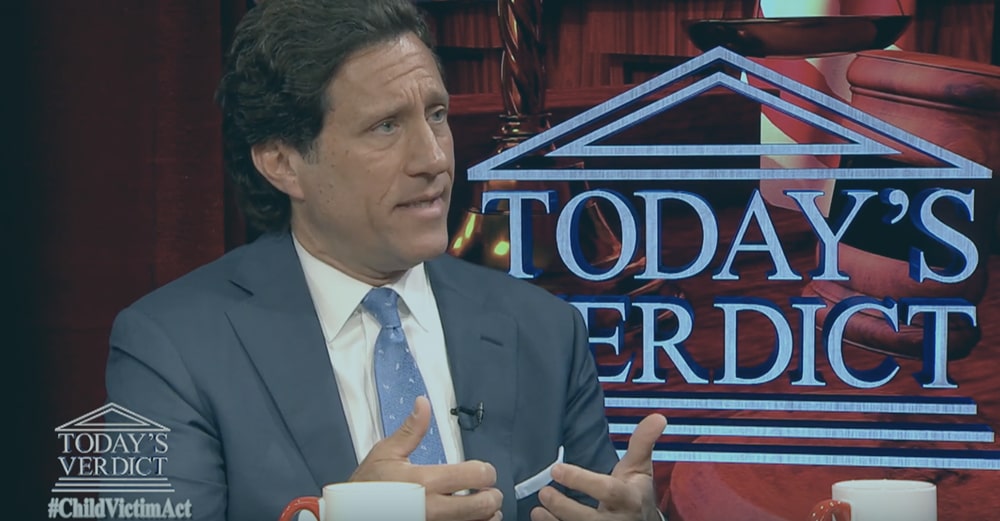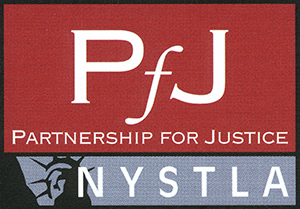What Happens to My Assets During Bankruptcy?
Posted on November 16th, 2019 by Oddo & Babat, P.C.
Personal Injury Lawyer
When you file for bankruptcy protection, the court sees all of your assets and property as a way to pay your debts. However, the bankruptcy code exempts some property, while the rest is not exempt. The portion that is not exempt is commonly called nonexempt assets. Some examples are real estate other than your primary residence, valuable collectibles, and jewelry.
Nonexempt Assets and Chapter 7 Bankruptcy
The court can order the sale of any nonexempt assets to pay your debts. In Chapter 7 bankruptcy, the process is straightforward. The nonexempt assets are sold, and the proceeds go to pay off your creditors in full or in part. If you don’t have any nonexempt assets to sell, the case is called a “no-asset” case, and the creditors go unpaid.
Nonexempt Assets and Chapter 13 Bankruptcy
Chapter 13 bankruptcy involves entering into a repayment plan to pay off your debts so that you can keep your property if you adhere to the payment schedule. However, Chapter 13 bankruptcies still involve nonexempt assets. The debtor must pay the creditors an amount at least equal to the value of nonexempt assets.
Laws Related to Nonexempt Assets
State and federal laws set out the definitions of exempt and nonexempt assets, and statutes vary some by jurisdiction. For example, some states let you choose whether to apply the state or federal exemption in your bankruptcy. You can select the system that enables you to keep the property you most prefer. A qualified bankruptcy attorney can help you decide which system most works to your advantage.
Keeping Your Assets
Here are a few options that may allow you to keep your assets in bankruptcy.
- Before you file for bankruptcy protection, you can try to sell the assets yourself and use the money to pay your creditors. While it is more work, you may be able to avoid bankruptcy and its impact on your credit. However, you should know that if you attempt this and still have to file bankruptcy later, the court may find that you tried to hide the property, which constitutes fraud. Trustees can take the assets back from the buyer or deny the discharge of your debt. They can even seize exempt property.
- If you have already filed Chapter 7 bankruptcy, you can petition the trustee to let you keep an asset and pay the value of it.
- You may be able to swap a nonexempt asset for an exempt one.
- It may be possible is to convert from Chapter 7 to Chapter 13, which involves keeping your assets through a payment plan.
Bankruptcy is a complicated process, and making decisions without counsel is unwise. Find a qualified local attorney, like a bankruptcy law firm in Memphis, TN, who understands the rules in your jurisdiction to guide you through the process.
Thank you to the Law Firm of Darrell Castle & Associates PLLC, for their insight into bankruptcy law.


 I consulted with David the first time a couple of years ago on a serious matter that affected a very close member of my family. Not expecting a good experience from this serious situation coupled with an attorney consultation, the entire thing surprised me as it was pleasant, professional, and completely successful. We found him clear, direct, generous and extremely knowledgeable throughout the process. I give my very strongest recommendation
I consulted with David the first time a couple of years ago on a serious matter that affected a very close member of my family. Not expecting a good experience from this serious situation coupled with an attorney consultation, the entire thing surprised me as it was pleasant, professional, and completely successful. We found him clear, direct, generous and extremely knowledgeable throughout the process. I give my very strongest recommendation








